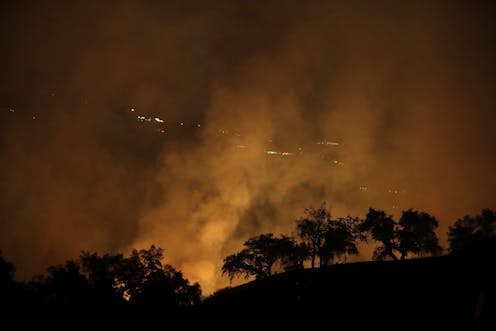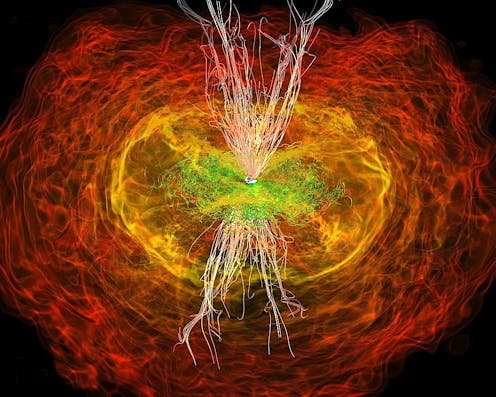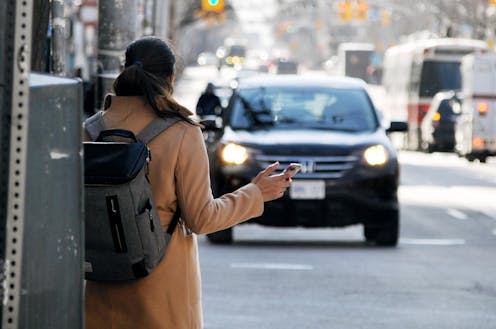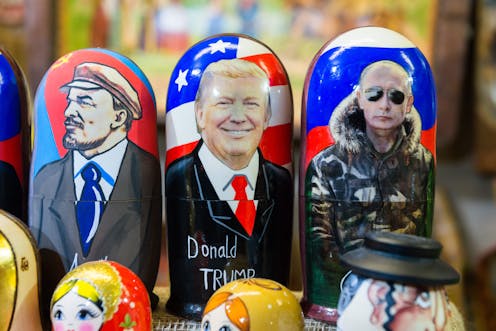Do gamers behave the way game theory predicts they should?
- Written by Konrad Grabiszewski, Visiting Assistant Professor of Economics, University of Miami
 How do people make complex decisions?Rawpixel.com/Shutterstock.com
How do people make complex decisions?Rawpixel.com/Shutterstock.comWhen faced with a decision, people have varying ways of analyzing the choices. Give many people the same information, and they’ll all think about the situation differently, and often will choose slightly different options. As economists, we want to learn more about how people...
Read more: Do gamers behave the way game theory predicts they should?







